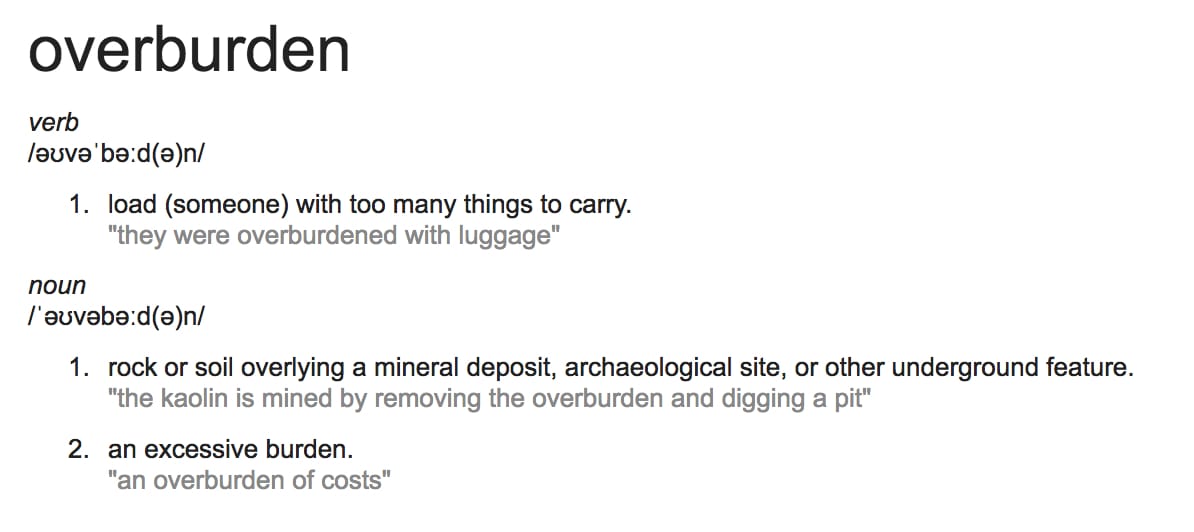The idea of being a burden is massively detrimental to individual and collective mental health. Feeling like we don’t want to bother people can prevent us from seeking help when we need it, allowing problems to get worse over time. Obviously it’s hard in some situations to pull together the self esteem to feel worthy of someone’s help, but I’ve noticed that this is often driven by the idea that they can’t help or won’t.
When people talk about being a burden because of their mental health they seem to refer to being overburden, something that is too difficult to manage, rather than something we can deal with. There are two situations in which you could be this type of (over)burden. The first is the person does not want to help, the second is they can’t. In either situation there are options for getting the support that’s needed.

If someone can’t help, this can be due to time constraints or inability. Healing takes time and if someone is working two jobs with a new child they may not be able to be there when we need them. Putting all our eggs in that basket sets us up for disappointment. Mental health can be complicated and takes courage and skill. Dealing with someone else’s depression or suicidality is tough even if you do know what to say or do. Supporters don’t always need to be counsellors, life coaches, nutritionists and pharmacists packed into one but they could do with being a good listener, and, in some cases, having some basic skills around suicide such as SAFETALK. When I was working as a student officer having these skills made me less afraid to support students and other people in my life. I also made sure to organise training for people in suicide awareness skills, not so that they could go marauding around like Don Quixote looking for people in distress, but so that if a situation arose they would feel capable of supporting someone.
Of course there are times where the right person doesn’t emerge straight away or isn’t up to a solo task. This is where balance was so important for me. When I was at my low points, having a network of people who provided different types of supports prevented me from (over)burdening any one person. This meant combining the people who could cheer me up, talk to me frankly, exercise with me, listen or comfort me with input with a mental health professional or other family/friends. In my case the role of a mental health professional was someone who bore the heavier burdens and someone who was a constant. They were part of a network that helped me to survive dark times. Everyone’s mental health network will be different and have its own subtle balances. If money is tight Samaritans or another free listening service can be a part of that network.

The idea of being a (over)burden is still one of the biggest obstacles to getting help in our culture. Ironically if we didn’t think we were (over)burdens and didn’t think of others as (over)burdens then we would have a lot less trouble with mental health and the entire situation would be less of a burden on everyone. Yes we can run ad campaigns and create services but the revolution starts with you.
The only thing that makes someone a (over)burden in the long term is seeing someone else as the solutions to their problems. When we accept that eventually we will be the ones to make the change and face the hard facts then the expectancy on those who help us is considerably lower and it allows for a more balanced relationship. If you are supporting someone get the skills and look after yourself too. If you need help then reach out to the right people with the capability and temperament to help but don’t let them shoulder the whole thing, build a network of people who can balance this.
One of the beautiful things about overcoming difficulties with mental health is that the process highlights the people that can really be counted on. But that starts with ourselves, with seeking those people out, being able to identify them, having the courage and skill to ask when we do find them and being able to balance their help within a network of support. It starts with doing away with the idea of being a burden when there are people who can and will help.
There is something written in our DNA that makes us need to cooperate and help one
another. The same natural impulse that makes us sympathise with a crying child or help a passer-by who fell of their bike is the one that means we are not a society of collective burden but an interconnected web of support.
This article does not aim to be prescriptive but is a discussion on the damaging effect of the idea of being a burden. If you or someone you know needs help contact Samaritans on 116123
Support Our Campaign
We rely on the generosity of the public to fund our work and so far together we have achieved great things! Please do continue to support us so we can provide future generations in Ireland with the resources to recognise and talk about their emotions, and equip them to navigate the ever-changing world around them as they grow



























